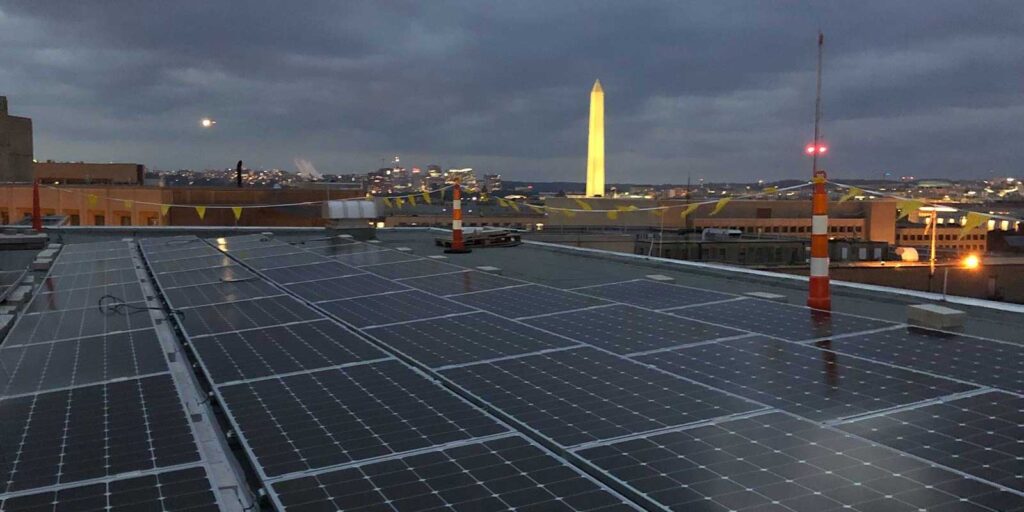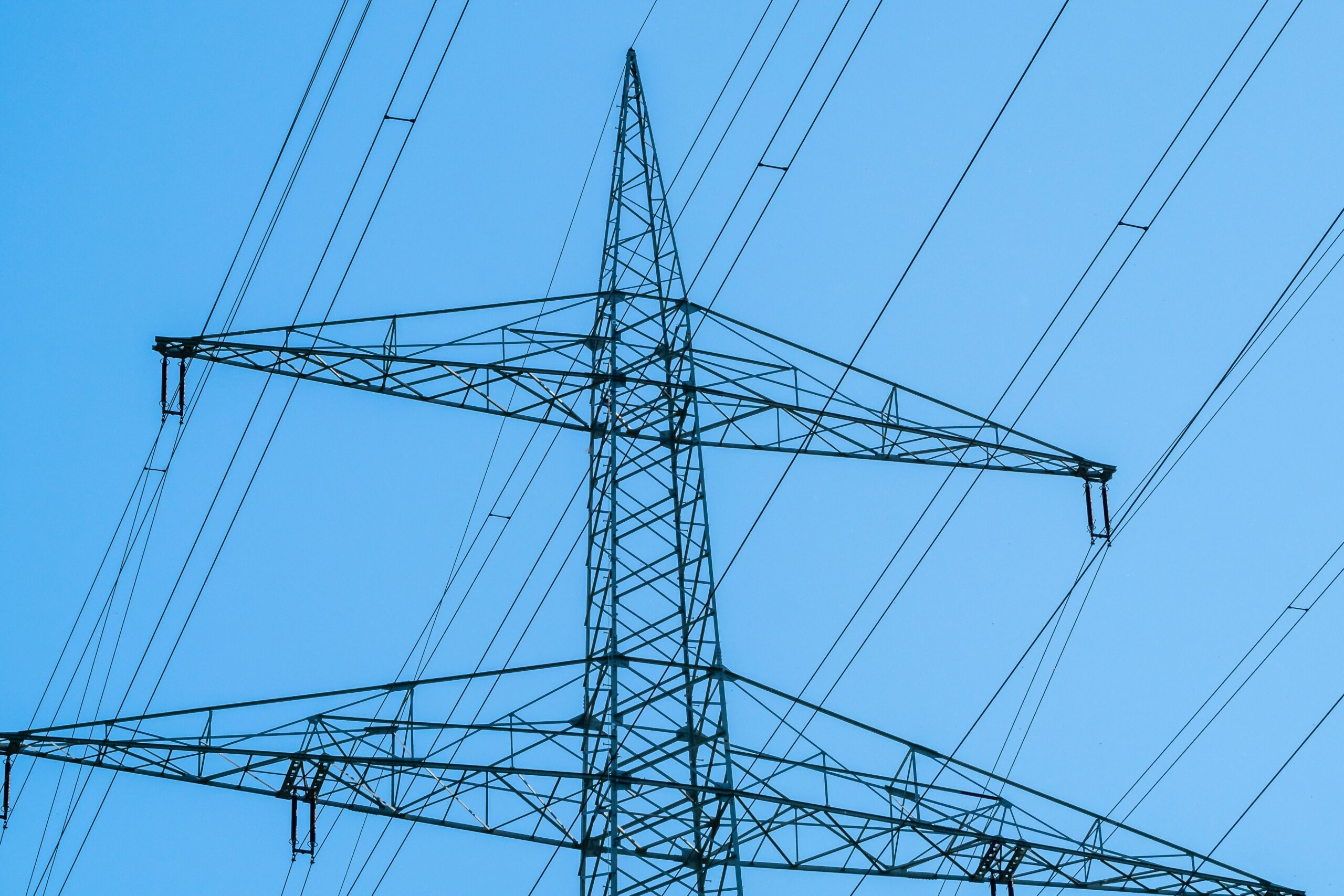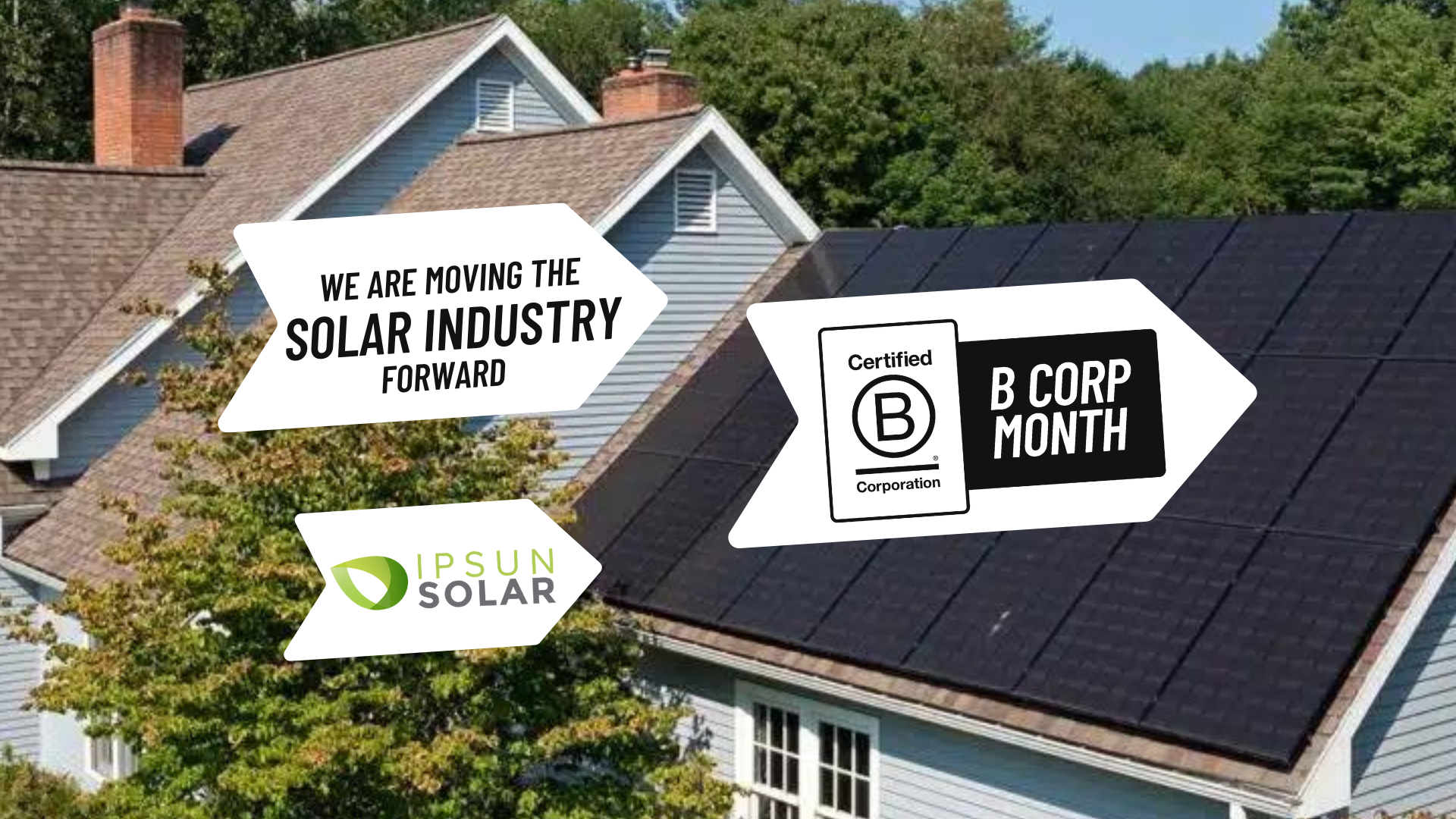Solar panels are praised for their ability to convert sunlight into electricity—but what happens when the sun goes down for the night? Understanding how solar panels function over their entire 24-hour cycle is critical when planning for their use on your property.
Thankfully, with technological advances in the solar industry revolutionizing the way that arrays can power a structure, more options than ever are available to ensure your energy needs are met no matter the time of day.
Uncover the science and technology behind solar panels and find out if they can generate electricity during the night, shedding light on the myths and realities of solar power availability after sundown.
Do Solar Panels Work at Night?
The short answer is that no, solar panels do not create energy at night. The reason for this comes down to how panels work during the day.
Solar panels are made of photovoltaic cells that are crafted from silicon (though new research is investigating other, even more effective options with tandem cells).
When ultraviolet radiation from the sun comes into contact with the silicon, which is a semiconductor, the silicon atoms release negatively charged electrons. These electrons are drawn toward a positive charge, funneling them through the system’s wiring as an electrical current. But it all starts with those UV rays.
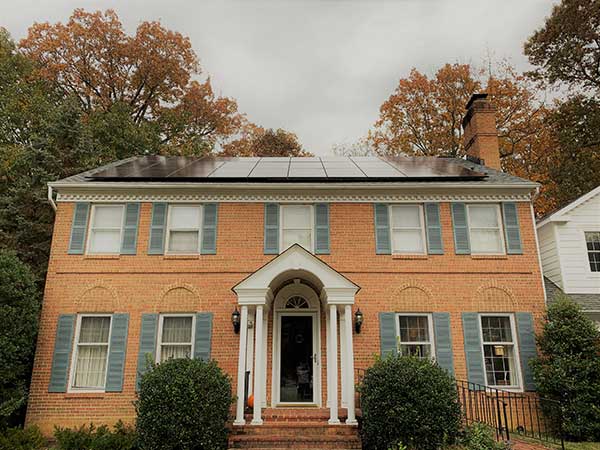
At night, UV rays from the sun are not available meaning solar panels do not create energy at night. Nearby lights used for illumination do not create ultraviolet rays, so your panels can’t use them for energy either. Similarly, the sunlight reflecting off of the moon isn’t strong enough to create negative electrons from the silicon.
Alternatives to Power Your Home at Night
If solar panels don’t work at night, how do you fulfill your energy needs? Your home can’t simply shut down as soon as it gets dark—and the good news is that it doesn’t have to. There are multiple options for powering your home 24 hours a day using solar energy.
Using a Solar Battery
One easy option for powering your home at night is to store extra energy produced during the day in a solar battery. Most solar arrays will produce more energy than you can use during peak sunlight hours, and you can funnel this energy into a battery to store it for later.
Batteries are connected directly to a solar panel array and function autonomously—you won’t need to turn them on and off or do anything to keep them operating. When the sun goes down, your panels will gradually decrease their energy production relative to the available UV radiation until they cease output for the day.
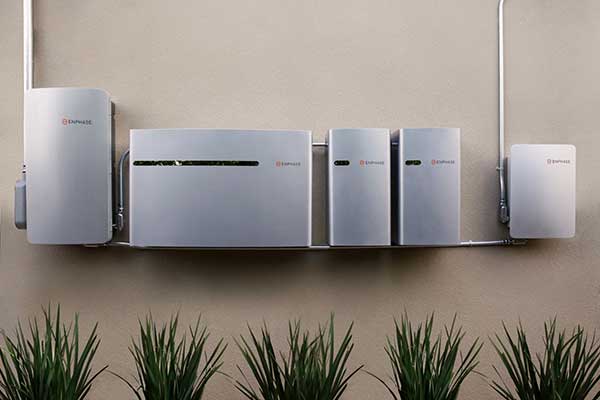
At this point, your battery will gradually feed progressively more energy into the grid, compensating for what is missing and preventing you from experiencing any interruptions in power.
A fully charged solar battery can typically power a home for a day or more, and that’s without recharging it every day. Therefore, your battery should be able to fulfill your needs overnight and recharge the following day.
Collecting Credits from Net Metering
Another option in addition to, or as an alternative to, a solar battery is utilizing a net metering program. Utility companies participate in net metering as part of their own green initiatives in cooperation with the government, as well as to incentivize consumers to reduce grid use during peak hours.
Households that participate in net metering can sell the extra energy produced by their solar panels back to the utility company, typically in the form of a credit on their bill.
During the peak hours of the day, the extra energy is returned to the grid (which requires a special electric meter that your solar installer can help you establish), and you are compensated accordingly.
While your solar panels don’t work at night, selling your excess electricity during the day can generate credits that cover your usage at night, keeping your bill low or at zero. Even though your solar panels are not producing energy at night, their overproduction during the day still keeps you covered after dark.
Trust the Experts to Help You Find Your Ideal Solar Solution
If you are considering solar panels for your property, it is important to be well informed—and that includes understanding what happens to your panels at night. The good news is that there are a variety of options available to maximize your array’s production to compensate for the daily drop in production at night.
The experts at Ipsun Solar can help you explore your options for net metering or battery power based on the unique features of your property. Get a free solar power estimate to lower your utility bill!


